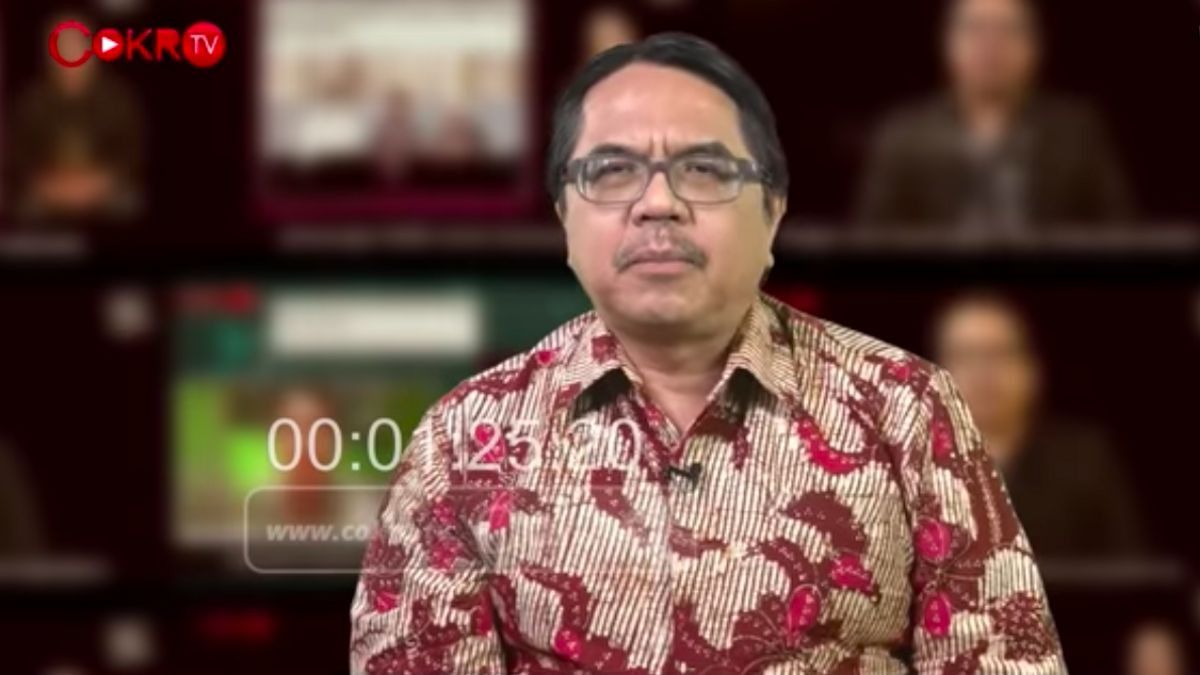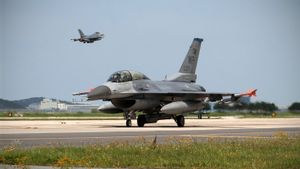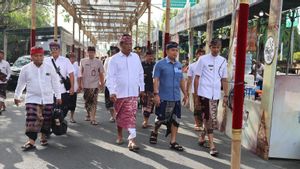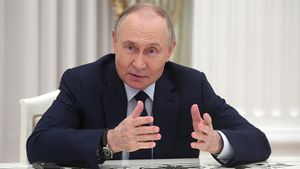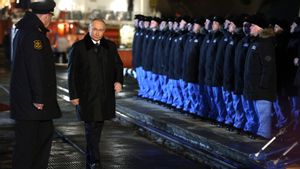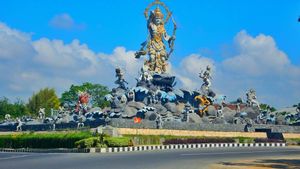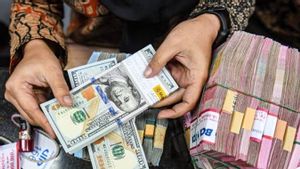JAKARTA - A lecturer at the University of Indonesia, Ade Armando, believes that the prohibition of saying Merry Christmas to Christians is not contained in the Qur'an or Hadith. This was conveyed by Ade Armando referring to a circular issued by the MUI North Sumatra (Sumut) which prohibits Christmas greetings.
The North Sumatra MUI Circular Letter numbered 039/DP-PII/XII/2021 signed by Maratua Simanjuntak as General Chairperson of the North Sumatran MUI and Secretary, Asmuni. The Circular refers to the MUI fatwa Number 5 of 1981 concerning the Joint Christmas Celebration that it is unlawful to participate in the Joint Christmas ceremony for Muslims.
Ade explained that the verse or hadith commonly referred to as the basis for prohibiting Christmas greetings is Al-Mai'dah Verse 2 which reads 'Please help you in doing good and taqwa and don't help out in committing sins and transgressions.'
Or in the Hadith narrated by Abi Dawud which reads 'Whoever imitates a people then he is part of them.
With this reference, Ade wonders why there are still people like Maratua who forbid Christmas greetings to Christians.
"I think that is also used by Maratua but if you look again what is the relationship between the hadith and the verse with Christmas? In Al-Mai'dah Verse 2 what is forbidden is to help in committing sins and transgressions, so what does this have to do with Christmas? Christmas is a sin and a transgression? Likewise, the hadith that is used to say Merry Christmas is considered an act that resembles a people? Where is the logic here!"
"Where do these in-laws study Islam? The Koran never says anything about Christmas," said Ade Armando via CokroTV's Youtube channel, reported Wednesday, December 15.
Not only that, the North Sumatra MUI reference to the 1981 MUI Fatwa was a big lie perpetrated by Maratua. This is because the Fatwa does not prohibit Christmas greetings at all. Rather, it is forbidden for Muslims to attend Christmas ceremonies in which there are Christian worship activities or services.
According to Ade, Buya Hamka as chairman of the MUI at that time even issued an explanation letter to avoid misunderstanding the MUI fatwa. Buya Hamka, said Ade explained, that what is prohibited is participating in worship activities, such as mass services and the like.
"Buya Hamka also stated that for a Muslim there is no prohibition against attending Christmas celebrations in ceremonies that are ceremonial, not ritualistic (Masses, services, etc.). So clearly there is no MUI Fatwa that states Muslims are prohibited from wishing me a Merry Christmas," said Ade.
According to Ade, the son of Buya Hamka, Irfan Hamka, denied that his father forbade Christmas greetings. According to Irfan, Buya Hamka once wished his neighbors a Merry Christmas while living in Kebayoran Baru.
The Circular issued by the North Sumatran MUI also stipulates that Muslims are also not allowed to say Merry Christmas because it is against the Shari'a.
"In line with that, Muslims are not justified in wishing me a Merry Christmas because the Christmas commemoration as stated in the MUI fatwa cannot be separated from the nuances of aqidah which are not in accordance with Islamic religious law," the circular said.
In addition, the North Sumatran MUI also prohibits Muslims from wearing Christmas attributes, as stated in the MUI fatwa number 57 of 2016 concerning the use of non-Muslim religious attributes which are haraam.
The English, Chinese, Japanese, Arabic, and French versions are automatically generated by the AI. So there may still be inaccuracies in translating, please always see Indonesian as our main language. (system supported by DigitalSiber.id)
